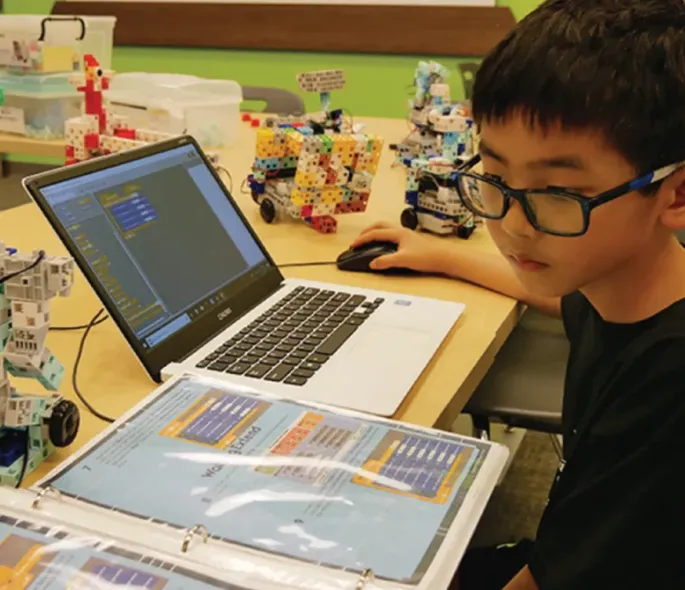The digital world is evolving at lightning speed, and children growing up today will face opportunities and challenges that demand more than just basic computer literacy. Coding, game design, and artificial intelligence are no longer specialized skills—they’re becoming part of everyday education. For parents, supporting a child’s interest in technology means giving them the tools to think creatively, solve problems, and approach the future with confidence.
Why Coding Matters Now More Than Ever
In 2025, coding isn’t just about writing programs. It’s a way for kids to develop critical life skills. When children work through coding projects, they practice logical thinking, persistence, and creativity. Each completed project—whether it’s a simple animation or a game they’ve built themselves—strengthens their problem-solving abilities and boosts self-confidence. More importantly, these skills open the door to exciting future careers in software, gaming, AI, and beyond.
Getting Started with Kid-Friendly Coding Platforms
Parents who don’t have a technical background often wonder how to begin. Fortunately, plenty of beginner-friendly tools make the process simple and engaging. Platforms with drag-and-drop interfaces allow younger children to learn programming concepts without typing code. Kids who love gaming might start with tools that let them design their own worlds, while others may enjoy storytelling platforms where they bring characters and animations to life.
Taking Skills to the Next Level
As children progress, they’re ready to explore more advanced concepts. Languages like Python are popular starting points because they’re easy to read and widely used by professionals. Game-focused platforms such as Roblox Studio or Minecraft-based coding projects give kids an interactive way to move from basic logic to real-world programming. Each step builds on what they already know, helping them gradually transition from simple blocks to written code.
Introducing Kids to Artificial Intelligence
Artificial intelligence is shaping nearly every industry, and children can start learning its basics earlier than most parents realize. Interactive tools now allow kids to train simple AI models, experiment with voice or image recognition, and see firsthand how these systems work. Even popular kid-focused coding platforms have begun including AI-based features, making it possible for children to create fun projects while learning concepts that will define their future.
Learning Beyond the Classroom
Summer programs, weekend workshops, and online bootcamps give children a chance to focus deeply on coding without the distractions of regular schoolwork. These programs often combine hands-on projects with teamwork, allowing kids to apply what they’ve learned in practical and creative ways. Camps and workshops also connect them with peers who share the same passion, which can be both motivating and inspiring.
Building Confidence and Independence
One of the biggest benefits of coding is the sense of independence it fosters. When kids solve problems, debug errors, or complete projects on their own, they gain a strong sense of accomplishment. That confidence often carries over into other parts of life, helping them approach new challenges with resilience and curiosity.
The Parent’s Role
Supporting your child’s coding journey doesn’t require technical expertise. What matters most is providing encouragement, exploring learning tools together, and celebrating progress. Whether through educational toys, beginner coding games, or more advanced projects, parents play a crucial role in helping children stay motivated and engaged.
Final Thoughts
Coding, game design, and AI education are quickly becoming essential skills for tomorrow’s workforce. By starting with fun, accessible platforms and gradually moving into more advanced tools, kids can develop not only technical knowledge but also creativity, confidence, and problem-solving abilities. With so many opportunities available—from home-based projects to immersive summer programs—there’s never been a better time to help children prepare for the digital future ahead.
